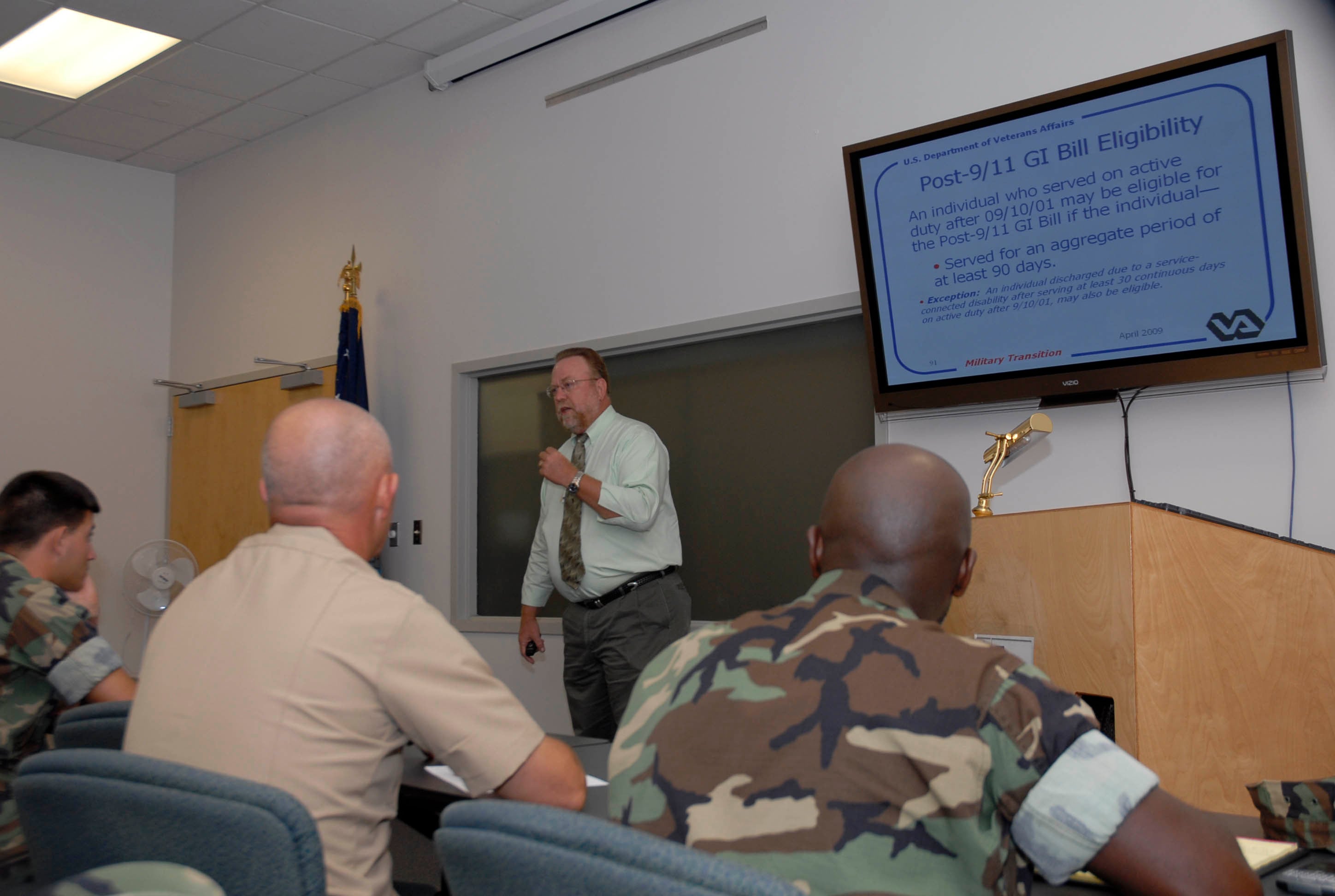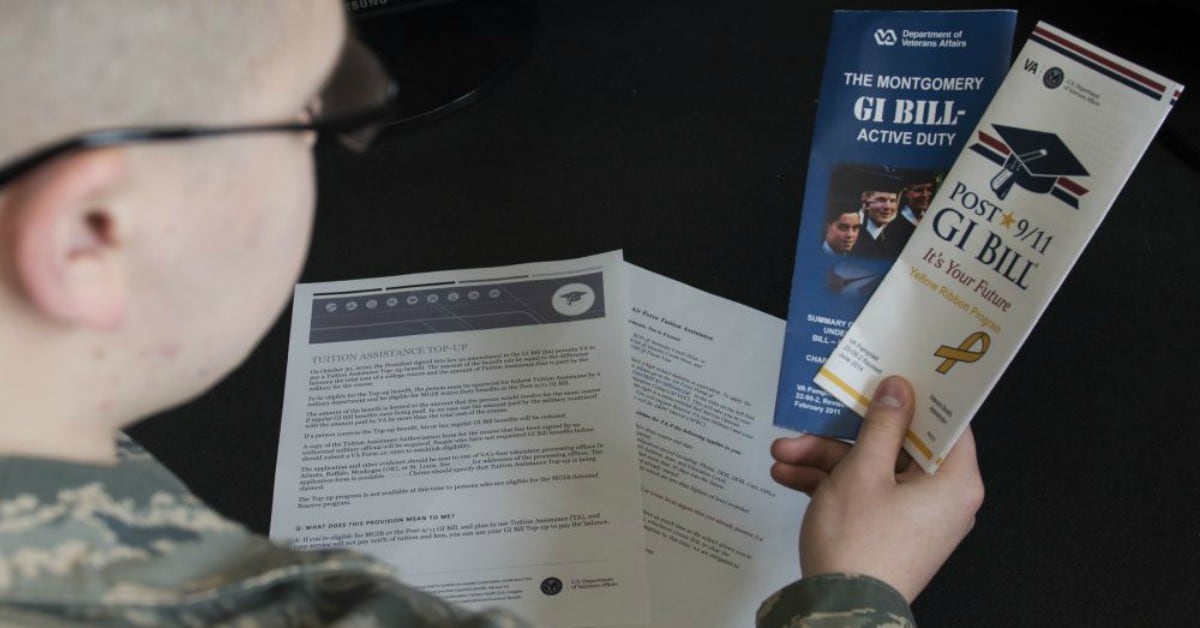Veterans education advocates are cautioning students to be wary of schools capitalizing on pandemic uncertainty to pitch new and sometimes questionable education opportunities.
A new report released Wednesday from Veterans Education Success found a significant increase in college advertising related to the coronavirus pandemic, encouraging students to reconsider their short-term learning plans given many school’s decisions to shift to online-only classes.
A number of the schools studied by the group have faced penalties in the past for misleading recruiting tactics and questionable practices targeting military and veteran students, whose GI Bill benefits can provide a stable source of revenue for the institutions.
RELATED

Advocates said students and lawmakers need to keep a close watch on “schools with a history of predatory and aggressive recruiting” using the pandemic to mislead students into poor decisions.
“We have been here before and need to be vigilant to ensure that history doesn’t repeat itself,” said Carrie Wofford, president of VES. “During the last recession, many proprietary schools targeted veterans and underserved minorities, encouraging them to enroll with the promise of a high-quality education and great job prospects.
“In reality, many students were saddled with worthless degrees and mountains of student loan debt.”
The group also noted a rise in advertisements this spring for health care degree programs in conjunction with the coronavirus outbreak, but warns that students should research those types of courses to ensure they are worth the cost.
RELATED

“Many of these schools’ healthcare programs charged students a hefty tuition for careers that required only a high school diploma,” Wofford said. “Oversight by policymakers is warranted.”
Earlier this week, a new poll conducted by College Reaction and Axios found that 22 percent of students enrolled in college classes last spring do not plan to continue their studies this fall, as schools scramble to deal with new social distancing and virus mitigation rules.
Lawmakers this spring passed several measures designed to ensure student veterans’ tuition payments and housing stipends were not disrupted by changes in campus class plans, but most of those protections are set to expire at the end of 2020. Congress is likely to revisit those issues later this fall.
Nearly one million individuals received some type of education benefits from the VA last school year.
Leo covers Congress, Veterans Affairs and the White House for Military Times. He has covered Washington, D.C. since 2004, focusing on military personnel and veterans policies. His work has earned numerous honors, including a 2009 Polk award, a 2010 National Headliner Award, the IAVA Leadership in Journalism award and the VFW News Media award.





